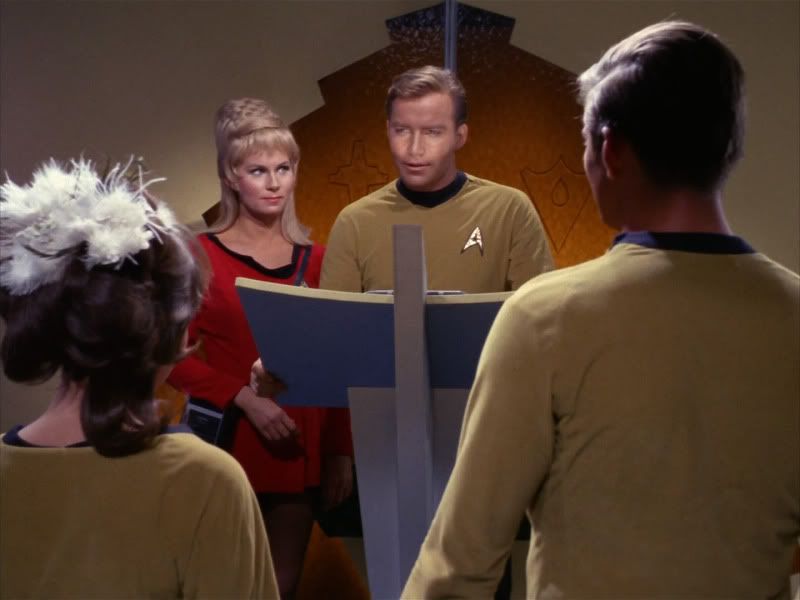Let's go through this one more time...
Leaving aside the question of what a "natural right" is, I was clearly using that as an example of why one should not be of the mindset of "the Supreme Court said it--so that ends the argument". Once again, S.C. justices are flawed human beings, as we are. That is why I admire justices like the late Hugo Black. See my above comments on him.
The government should not be in the business of creating rights, and then giving them the same status as natural rights. The government created the concept of civil marriage as a government institution--putting it under government controll. And what the government gives, the government can take away.
That is why I am firmly against the concept of marriage being a government institution. That is the "legal arguement" I am "invested in".
Let me put this way once again, Sci: You keep bringing up something called "civil marriage". Once again, with this, you bring up the premise that marriage is a government instiution.
That is government intervention. That is what I am against. If the government wants to get involved in brining "civil" legality to the institution--tax status, etc.--then they should come up with another name, or at least expand the meaning and applications of an already existing legal term--namely, "civil union".
But "marriage" as a concept was not created by the government. Therefore, the government has no business in toying with the definition of said concept.
The United States Supreme Court in the 1960s decided that you are wrong on this. It is a right, and if you don't like that, too bad.
Let's see....
The Supreme Court also made the Dred Scott decision
Are you seriously going to compare a Supreme Court decision that empowers citizens to one that took away every single right a person had?
Seriously?
C'mon, man. There's an obvious difference between the natural right to marry and the racist belief that blacks aren't people.
Leaving aside the question of what a "natural right" is, I was clearly using that as an example of why one should not be of the mindset of "the Supreme Court said it--so that ends the argument". Once again, S.C. justices are flawed human beings, as we are. That is why I admire justices like the late Hugo Black. See my above comments on him.
Unfortunately, emotional appeals concerning "celebrating humanity and its capacity for love" and "the joys of life" does not legal precedent make. Indeed, it should not, lest subjectivism creep in.
True. But recognizing the natural right of all citizens to marry and to have equal access to the institution of civil marriage does legal precedent make.
Why are you so invested in legal arguments that disempower citizens and restrict their rights?
The government should not be in the business of creating rights, and then giving them the same status as natural rights. The government created the concept of civil marriage as a government institution--putting it under government controll. And what the government gives, the government can take away.
That is why I am firmly against the concept of marriage being a government institution. That is the "legal arguement" I am "invested in".
Once again, "marriage" is a term of tradition.
No, it is not. Marriage "traditions" have been in a state of flux for centuries. When we talk about law, we're not talking about tradition, we're talking about civil marriage -- the institution to which all people have a natural right and equal access, the institution that doesn't require a white dress and tuxedo and bridesmaids and best man and a ring, the institution that lets atheists marry without requiring a church's assistance. Tradition is just not a factor when it comes to civil marriage, because, if it were, Loving v. Virginia would never have happened and it would still be illegal for blacks and whites to marry -- you know, because that violated the traditional definition of marriage.
Let me put this way once again, Sci: You keep bringing up something called "civil marriage". Once again, with this, you bring up the premise that marriage is a government instiution.
That is government intervention. That is what I am against. If the government wants to get involved in brining "civil" legality to the institution--tax status, etc.--then they should come up with another name, or at least expand the meaning and applications of an already existing legal term--namely, "civil union".
But "marriage" as a concept was not created by the government. Therefore, the government has no business in toying with the definition of said concept.




